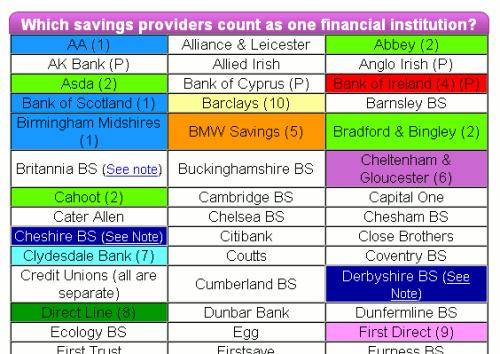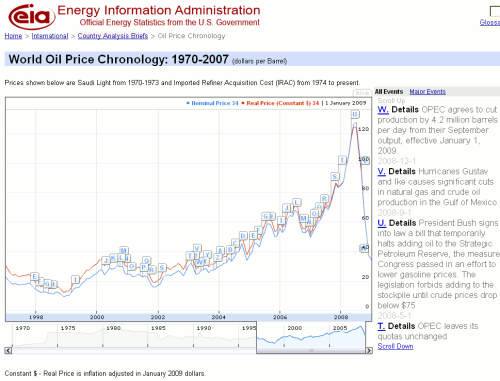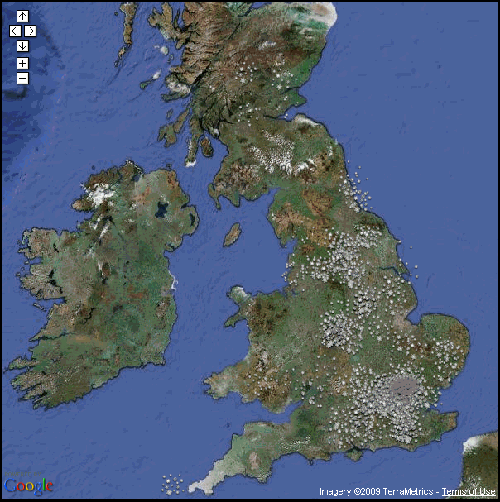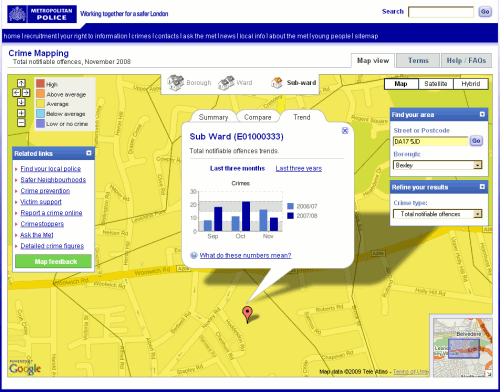I am giving a presentation on mashups to the Berks, Bucks & Oxon District branch of CILIP on Tuesday 3rd February, 18.00 for 18.30. Details are as follows:
Venue: Great Expectations, 33 London Street, Reading, Berkshire RG1 4PS http://www.streetmap.co.uk/newmap.srf?x=471801&y=173139&z=0&ar=Y .
Refreshments provided afterwards.
Mashups are not just for the remnants of your Christmas or Sunday dinner! A mashup is also a web application that combines data from more than one source into a single integrated tool, and you may be surprised at how commonplace they have become. Blogs, Yahoo Finance, Facebook, Geograph, and the latest UK police forces’ crime statistics all use mashups.
Karen Blakeman will look at examples from a variety of sectors and subject areas and show how easy it is to create your own. The issues of quality and ownership of data will also be addressed.
BBOD meetings are free and open to all with a professional interest in the topic.
If you plan to attend, please advise Norman Briggs, BBOD Events Co-Ordinator Tel: 0118 987 1115, nwbriggs@pcintell.co..uk or Chrissy Allott, BBOD Chair Chrissy.Allott@berkshire.nhs.uk




